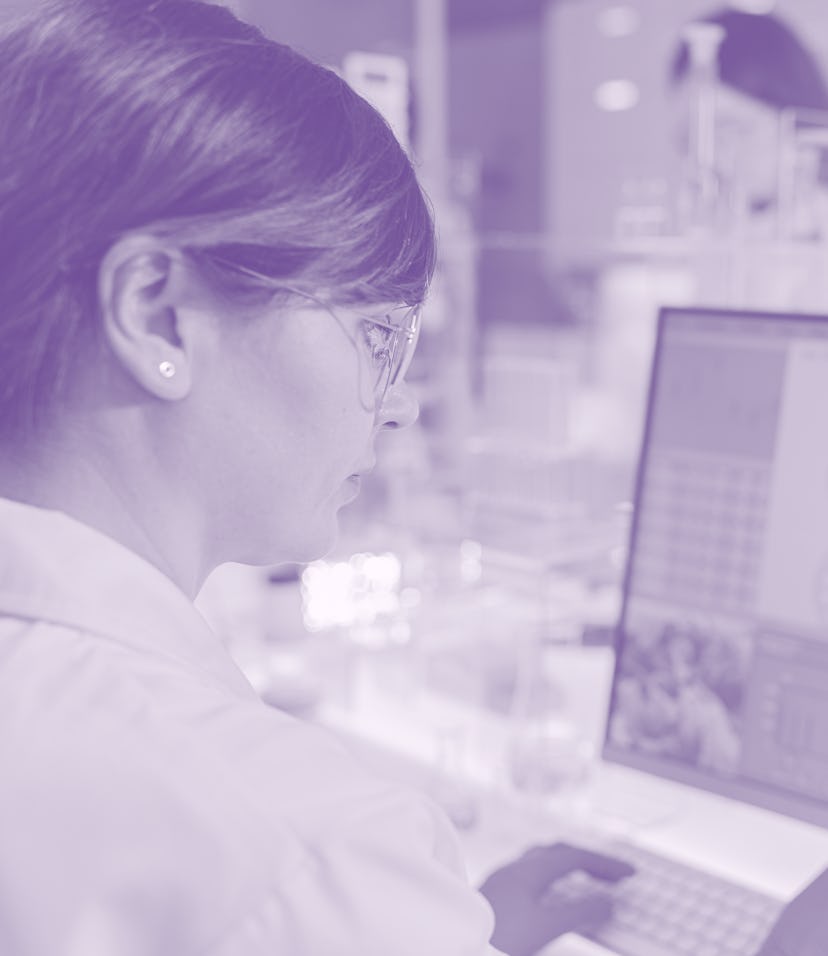Tech
This Chinese tool uses deep learning to predict COVID-19 fatalities
The tool is now available online for free, thanks to dedicated research by Tencent and Chinese public health officials.

Tencent and the Chinese government are looking to finally utilize tech to fight the coronavirus with a deep-learning algorithm meant to predict the chances of COVID-19 leading to mortality. The project is the latest to come out of a collaboration between Tencent’s AI Lab and a group of Chinese public health scientists. The joint research team began working in February and is headed by China’s senior medical officer, Zhong Nanshan.
The deep-learning model announced by the team last week predicts the risk of COVID-19 patients developing critical conditions. Rather than waiting around to find out whether or not a patient will develop life-threatening symptoms as complications of the virus, researchers hope their deep-learning model will assist healthcare providers in choosing which patients need extra care soon after the virus has been detected.
Technology has thus far proved much less helpful in curbing the spread of COVID-19 than we once hoped. But the virus isn’t going anywhere soon. There’s still plenty of time to innovate and save lives in the process.
Deep research — The new model was created based on detailed data from 1,590 patients across 575 medical centers in China, with further validation from 1,393 other patients. The team’s full research was published in the journal Nature Communications.
The resulting tool, which researchers have made available on Tencent’s website, allows healthcare providers to input some basic patient information needed to let the algorithm do its thing. The tool populates a patient’s chances of developing critical symptoms within five, 10, and 30 days.
Can tech save us? — When the COVID-19 pandemic first began its excruciating crawl across the globe, we quickly flocked to technology as a potential solution for mitigating the mass destruction the virus was leaving in its wake. We rushed to create complex maps and contact-tracing algorithms to end our stay-at-home misery — few of which have had any actual impact on the spread of the novel coronavirus.
That doesn’t mean it’s not worth expanding our research to other areas. Tech hasn't helped us limit the spread of the virus yet; that doesn't mean it can't help us limit the deaths caused by it. Tencent is one of the world’s most powerful tech companies, bettering healthcare in the goal of saving lives is probably one of the best ways it can utilize its resources.
Despite its immense presence in our lives, we still know very little about COVID-19. Any research — especially when it’s so minimally invasive — is useful in bettering our understanding of how the virus will continue to affect our lives.
The lab’s research isn’t done just yet, though: it hopes to someday “utilize big data and AI for the screening, prevention and control, and warning of outbreaks, respiratory diseases and thoracic diseases.” There’s never been a better time for tech to improve our lives — and to potentially save them.